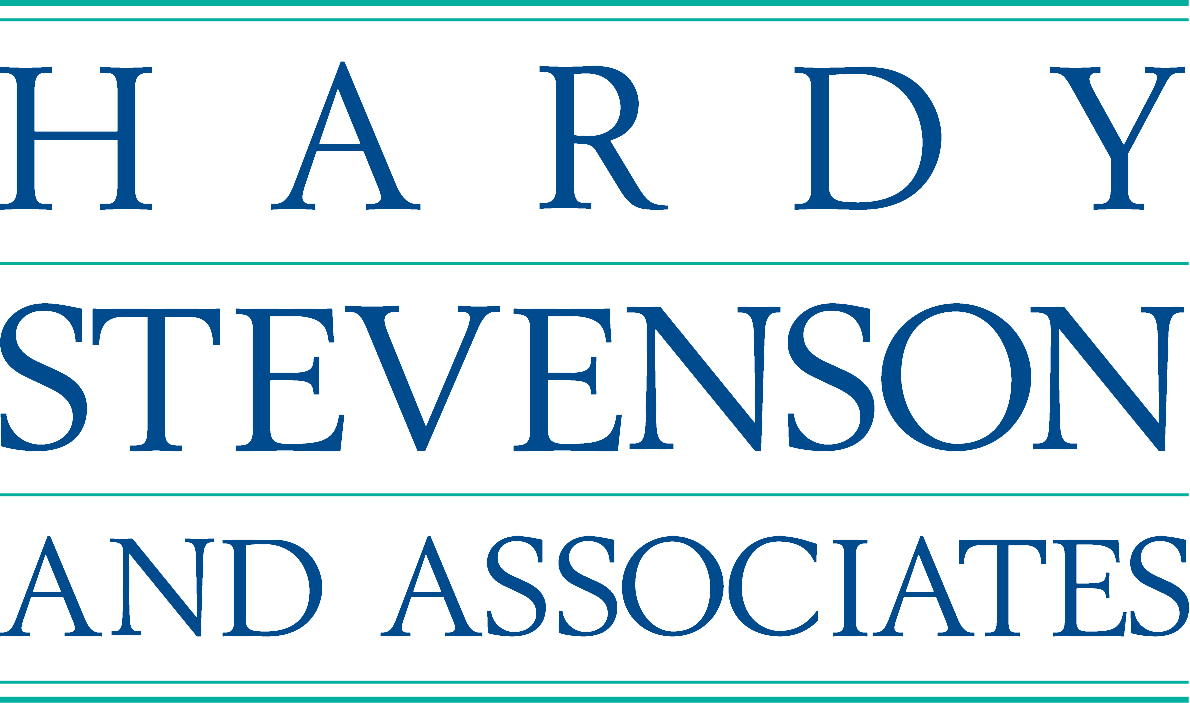The Power of Like-Minded Focus
Each committee’s members bring a range of know-how relevant to the project and may represent a community association, a local business or institution, special interest group. The common thread is each member has a personal or professional interest in staying informed, asking questions and providing suggestions, as the project evolves.
These volunteers may have less professional expertise than the project team’s members but this is offset by their invaluable knowledge of the community, its needs, values, trusted alliances and experience.
Facilitation and Other Tools Make it Work
These public committees meet at regular intervals with project owners, from a corporation, municipality or organization sponsoring the project. At these meetings, members provide input and serve as a ‘bridge’ to the community. A third-party facilitator, such as HSAL, is often brought in to establish the committee, define its purpose, develop the terms of reference and institute protocols to ensure meetings run smoothly and the group’s meets its mandate.
At HSAL, we often recommend and facilitate volunteer committees to advance better project decision-making about infrastructure projects. Why? Because we know from experience that volunteer committees are one of the most effective methods for ensuring infrastructure projects get built on time, on budget and with public accolades.
Contact us if you would like to learn how we can support your communications and public consultation needs.
